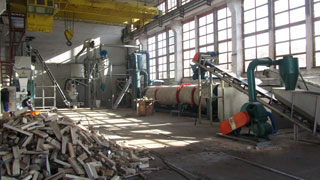Do you really know the oil you use to cook?
Almost everyone sees oil and uses it every day except for the lazy bones who know nothing about cooking and never plan to walk into a kitchen, but not everyone owns an oil press machine and knows the detailed knowledge about production, and it’s certainly not a bad idea to know some knowledge about something we put into our mouth every day, and how can you be sure that the oil is healthy or not for your health condition.
When you walk into a supper-market to the edible oil section, the oils are almost vegetable oils, as a matter of fact; edible oil mainly refers to vegetable oils and animal oils. Common edible vegetable oils are: soybean oil, rapeseed oil, peanut oil, sunflower oil, cottonseed oil, palm oil, coconut oil, corn germ oil, tea seed oil, sesame oil, rice bran oil, olive oil, linseed oil, safflower oil , walnut oil, grape seed oil, wheat germ oil, and so on.
Pressing or leaching is not the standard of oil quality. Pressing process includes: crushing; steaming and roasting and isolate oil directly from the oilseeds, pressing process currently mainly used to produce high-grade oil like peanut oil, olive oil, nut oil, sesame oil, etc. While chemical leaching method is to produce refined oil through full immersion of some kind of solvent with oilseeds, high-temperature extraction, degreasing, degumming, dehydration, bleaching, deodorization and deacidification. There are people who worry about the solvent that remaining in the oil after the desolventizing, actually the amount is neglectable to influence human health as long as it meet with the food standards.




